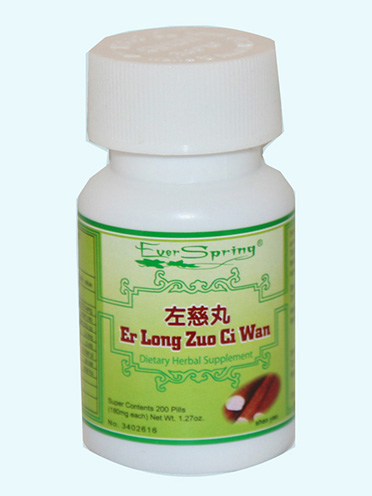Introduction
Acupuncture, a cornerstone of Traditional Chinese Medicine (TCM), has gained widespread popularity worldwide due to its effectiveness in treating various conditions. However, one of the most common concerns for those considering acupuncture is the cost. Understanding the factors that influence acupuncture pricing can help individuals make informed decisions regarding their treatment.
Factors Influencing the Cost of Acupuncture
Several factors contribute to the cost of an acupuncture session. These include geographical location, practitioner experience, session length, and additional services.
- Geographical Location
The cost of acupuncture varies significantly based on location. In major metropolitan areas such as New York, London, or Beijing, prices tend to be higher due to increased demand and the higher cost of living. Conversely, in rural areas, acupuncture services may be more affordable. - Practitioner Experience and Credentials
More experienced acupuncturists or those with specialized training may charge higher fees. A board-certified acupuncturist with decades of experience will typically charge more than a newly licensed practitioner. - Session Length and Treatment Plan
The duration of an acupuncture session can range from 30 minutes to over an hour. Longer sessions or comprehensive treatment plans, which may include herbal medicine or massage, can increase the cost. - Clinic Type and Setting
Private acupuncture clinics often charge higher fees than community acupuncture clinics, which offer group treatments in a shared space at a lower cost. - Insurance Coverage
Some health insurance plans cover acupuncture, reducing out-of-pocket costs for patients. Coverage varies depending on the provider and country.

